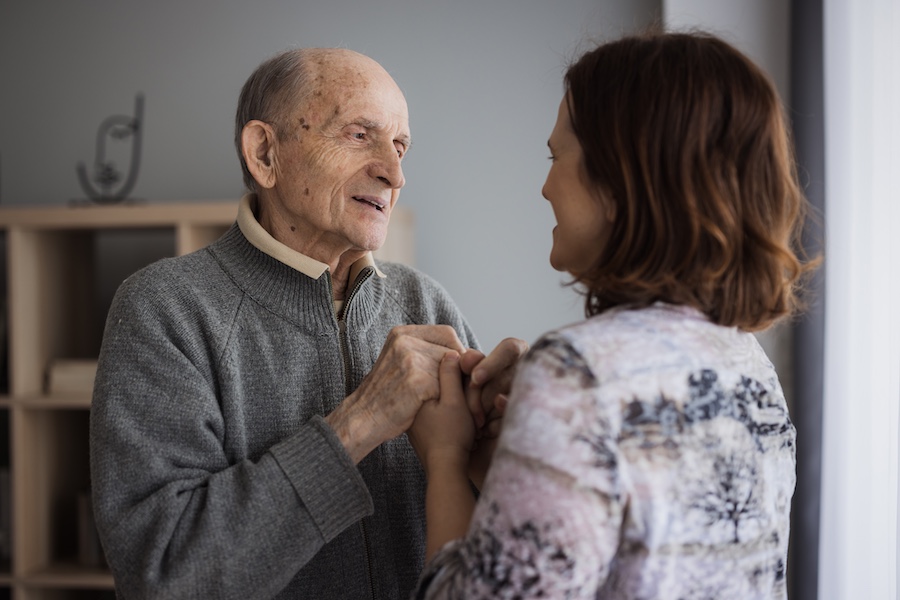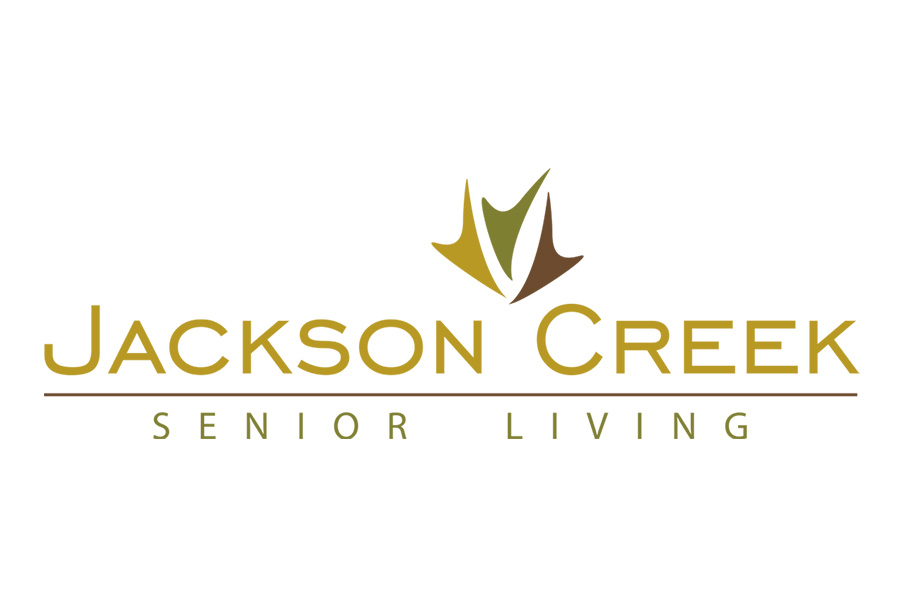
Receiving an Alzheimer’s diagnosis can feel overwhelming, but it’s an essential step for individuals and families facing memory loss. Knowing what’s happening opens doors to treatments, resources and support — helping those living with the condition lead meaningful, engaged lives.
Many people hesitate to seek a diagnosis due to fear or uncertainty. But knowing – and understanding – the cause of symptoms allows families to plan ahead and gives individuals the chance to participate in decisions about their care, finances and living arrangements while they can still express their wishes.
Why Early Diagnosis Matters
Access to treatment: While there is no cure for Alzheimer’s, treatments are typically most effective when beginning early and can help slow cognitive decline. Medications and alternative therapies may also help manage symptoms for a limited time.
Opportunities to join clinical trials: Early diagnosis may make individuals eligible for groundbreaking research studies, potentially providing personal benefits while advancing Alzheimer’s science.
Time to plan for the future: Families can make informed decisions about legal, financial and care matters while their loved one is still able to participate.
Prioritize what matters most: An early diagnosis allows individuals to set new goals, decide when to stop working and allow more time to share meaningful moments together.
Emotional and social benefits: Knowing the cause of symptoms can ease uncertainty, help families prepare emotionally and strengthen connections with loved ones. Understanding the diagnosis also helps friends and family provide more effective support and adapt to changes in relationships.
Connection to support Networks: Early diagnosis gives individuals and families access to support groups, educational programs and community resources, helping them build skills, share strategies and feel less alone.
Reducing stigma: Sharing personal experiences can encourage others to seek help and reduce misconceptions about dementia.
How Jackson Creek Supports Memory Loss
Jackson Creek Senior Living in Monument, Colorado, provides dedicated memory support through its specialized Creekside dementia-care neighborhood. The community also offers temporary respite care services, and a day retreat program for individuals living with cognitive impairment who need part- or full-time care during weekdays. Jackson Creek’s specially trained team works closely with families to help them navigate the Alzheimer’s journey with confidence and peace of mind. The community is also introducing a Montessori-based program designed to create personalized, engaging memory support interventions.
Beyond care services, Jackson Creek Senior Living offers education and support for seniors in El Paso County, including the popular Dementia Boot Camp series with dementia expert Paula Levy from Never Alone Consulting. This program helps families and caregivers better understand dementia while developing coping strategies and hands-on skills. Jackson Creek also proudly supports national Alzheimer’s Association events like The Longest Day and the Walk to End Alzheimer’s, which raise funds for care, support programs and critical research aimed at finding a cure.
If you notice any of the 10 warning signs of Alzheimer’s in yourself or a loved one, don’t wait – talk to your doctor. Early diagnosis provides medical, emotional and practical benefits for everyone involved. Taking proactive steps now can lead to a healthier, more fulfilling quality of life.
Jackson Creek Senior Living offers independent living, assisted living, memory support, respite and day retreat services for adults 62+. Call 719-259-1331 or visit jacksoncreekseniorliving.com to learn more about our programming and schedule a tour.



